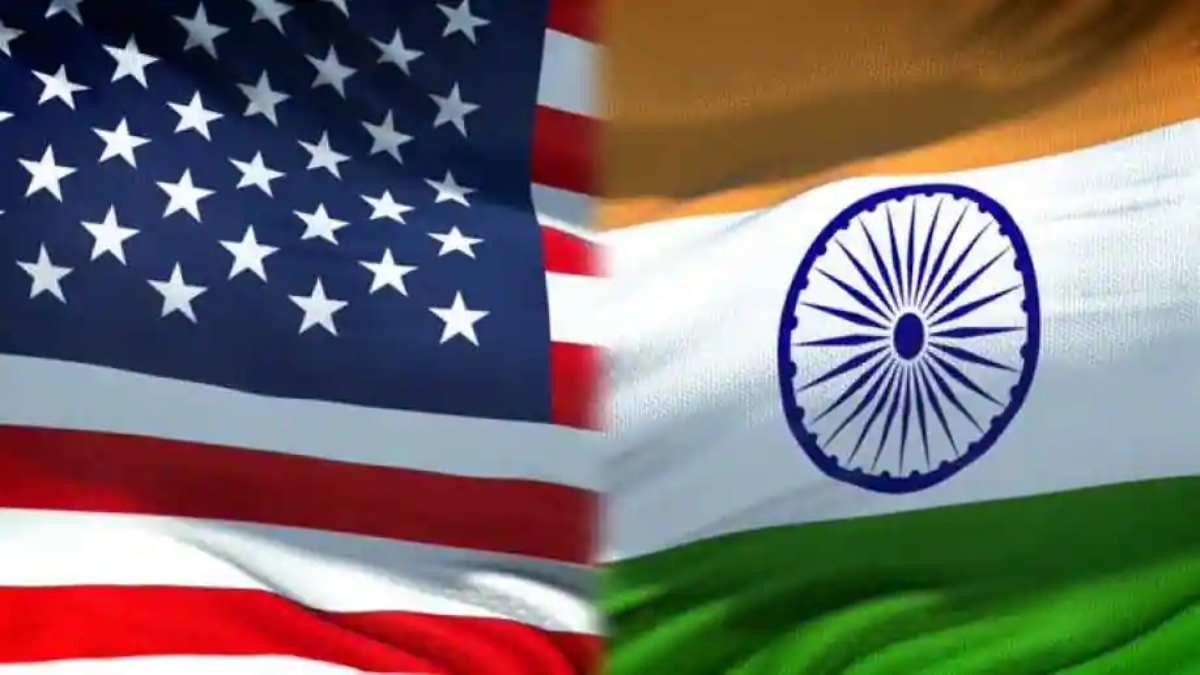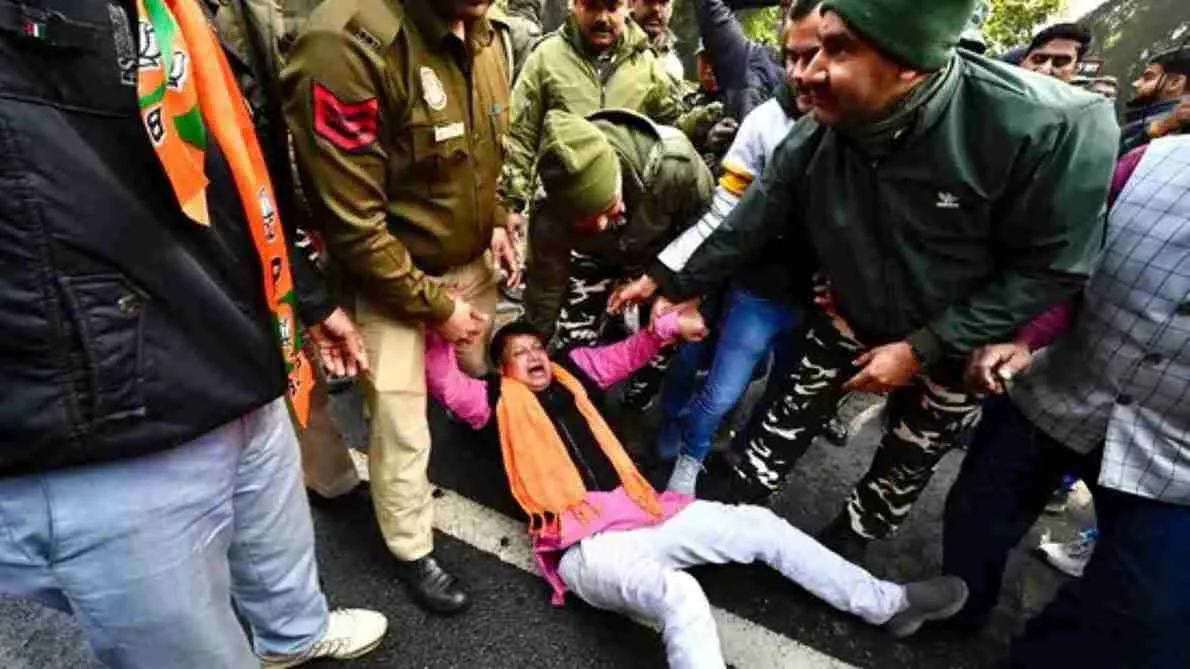India is a critical ally of the United States and it would be “extraordinarily foolhardy” to impose any sanctions on New Delhi under the punitive CAATSA law for its purchase of the S-400 missile defence system from Russia, a top Republican Senator has told the Biden administration.
The US administration is required under domestic law, Countering America’s Adversaries through Sanctions Act (CAATSA) to impose sanctions on any country that has significant transactions with Iran, North Korea or Russia. CAATSA is a tough US law that authorises the administration to impose sanctions on countries that purchase major defence hardware from Russia in response to Russia’s annexation of Crimea in 2014 and its alleged meddling in the 2016 US presidential elections. “There are reports that the Biden administration is contemplating imposing CAATSA sanctions against India, the largest democracy on Earth, a decision that I think would be extraordinarily foolhardy,” Senator Ted Cruz said during a hearing on pending nominations by the powerful Senate Foreign Relations Committee.
Cruz, who represents the State of Texas in the United States Senate, said that over the last one week, the bilateral relationship between India and the United States had deteriorated under the Biden administration. “India is a critical ally across a number of areas, and the US-India alliance has broadened and deepened in recent years. But under the Biden administration, it’s gone backwards,” Cruz said. “India is not the only country to have voted against us, and against condemning Russia,” he said, in reference to India’s abstention in the UN General Assembly votes condemning Russia’s aggression in Ukraine.
India has faced flak from US lawmakers, both Republicans and Democrats, for choosing to abstain from a UN vote on Wednesday to rebuke Russia’s attack on Ukraine. A total of 141 nations voted in favour of the move condemning Russia’s invasion of Ukraine and five nations were against it, with 35 countries, including India, abstaining.
The UNGA resolution was similar to the one circulated earlier in the 15-nation Security Council on which India also had abstained. The UNSC resolution received 11 votes in favour and three abstentions.























